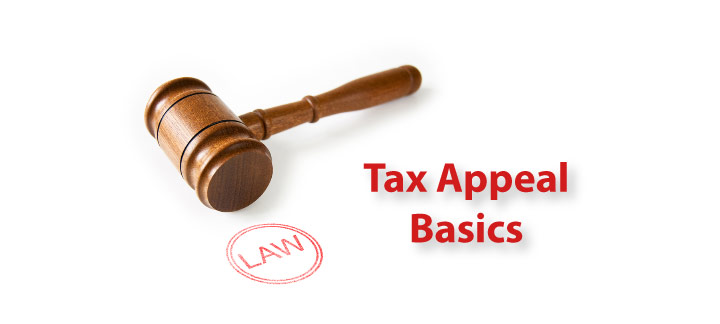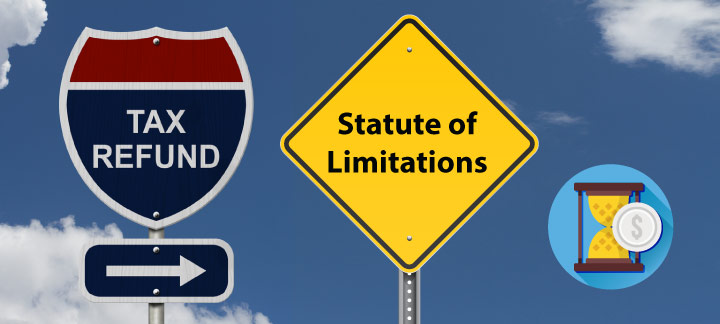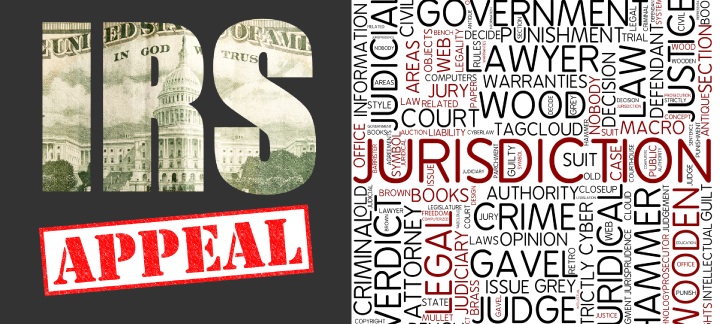The Tax Appeals Conference - How To Prepare
The Tax appeals Conference is generally an informal affair.

The Tax appeals Conference is generally an informal affair.

When you have a disagreement with the IRS over the amount of tax you owe, you may need to enter into negotiations with the Office of Appeals. The Office of Appeals is in charge of administrative dispute resolution with the IRS.

A taxpayer who wishes to obtain a refund from the IRS for overpayment of taxes cannot do so unless the written refund claim is filed with the IRS within the proper time period.

Sometimes, a taxpayer’s case may involve issues that will impact the taxpayer for years to come.

When you finally come to an agreement with the Tax Appeals Officer to settle your case, the settlement should be recorded on a particular type of written form.

At the end of the Tax Appeals process, many taxpayers wonder if they will be able to recoup certain costs incurred in dealing with the IRS.

Each region of the United States has specific IRS offices, and within each IRS region are special IRS Appeals Offices. As a general matter, the Tax Appeals offices have jurisdiction over income, estate, gift, employment, and certain excise taxes.

The Tax Appeals conference is presided over by the Appeals officer in charge of the case. Although the process is rather informal, the IRS and the Treasury Department provide some guidance as to how the conference is to be conducted in the Internal Revenue Manual and Treasury Regulations (1).

In some cases, a taxpayer may believe that he or she is entitled to a refund from the IRS.

One of the greatest concerns of a taxpayer in the tax appeal process is that the appeals officer will discover new issues to investigate or choose to reopen a closed case.